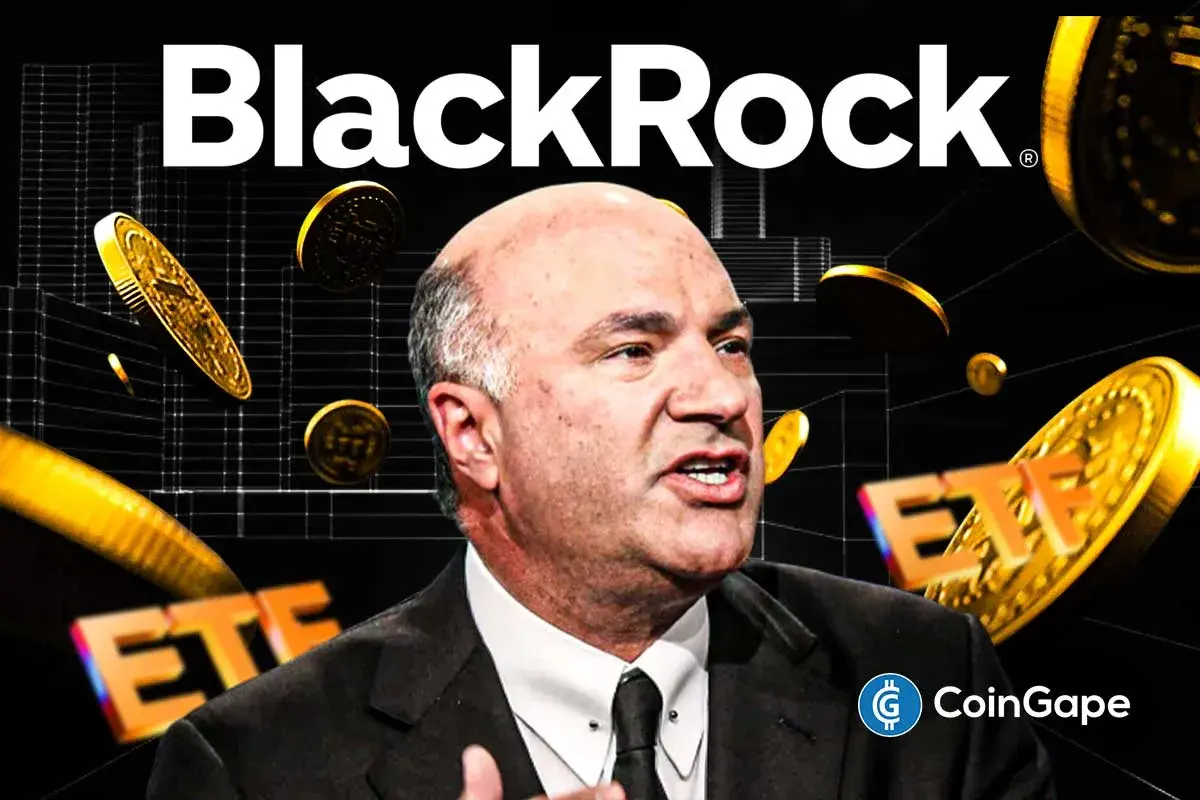Bitcoin Core Under Threat? Top Developer Flags Incoming Codebase Update

Highlights
- A coming update may impact the size or storage data on Bitcoin Core
- Critics like Jason Hughes are campaigning against this code update
- The fracture in the Bitcoin ecosystem comes with institutional-fueled centralization risks
A growing concern has hit the BTC space as a new update to Bitcoin Core, the software that powers most of the top coin’s nodes, is being questioned by key developers. The proposed change, which will affect how transactions are shared across the network, draws strong reactions. Many believe that if adopted, it could threaten the core of Bitcoin.
The Controversial Bitcoin Core Update
Jason Hughes, a respected voice in the BTC development space, recently raised an alarm over a pull request on Bitcoin Core. This change would affect the transaction relay policy.
It concerns how unconfirmed transactions move through the system before being recorded on the blockchain.
Hughes warned that it could let gigabytes of non-Bitcoin data pass through the network if approved. This would increase the size of the blockchain and make it harder for individual nodes to keep up. It could also lead to slower transaction processing.
Hughes referred to this problem as blockchain bloat, which is far from Satoshi Nakamoto’s original intentions. In his view, this kind of data overload may push Bitcoin away from its original design as a currency. He urged the community to consider Bitcoin Knots instead, a stricter version of the software maintained by Luke Dashjr.
According to Hughes, this version does not allow such loose transaction handling and would better protect the network. He also called crypto mining giants like AntPool and ViaBTC to reject the update to preserve Bitcoin’s function.
Community Stakeholders Reacts
Another longtime developer, Peter Todd, responded to the debate on X. He pointed out that, while more conservative, Bitcoin Knots still allows spam-like transactions inside blocks.
Todd suggested that a soft fork, a backward-compatible network change, might be the only way to block nonfinancial data on the blockchain. He recommended new rules allowing only valid hash digests or public keys in transactions.
This would make pushing junk data onto the chain harder, as it would now come with a computational cost.
Still, he admitted this would not stop all spam, especially those tied to token trades. Some developers, like Antoine Poinsot, disagreed, arguing the issue was being overstated.
Bitcoin and Institutional Adoption: Is Centralization at Risk?
This conversation is happening just as big institutions show greater interest in Bitcoin. Earlier this week, MicroStrategy bought 15,355 BTC for $1.42 billion, a move other firms have also adopted.
While many welcome institutional money’s stability, others worry that it gives more control to a few players.
Bitcoin’s promise of decentralization could be weakened if only a small group of firms makes key decisions, from software updates to mining operations. The recent debate over Bitcoin Core highlights how important it is to guard the network’s core values even as it grows in popularity.
- Bitwise, Granitshares Eyes $63B Sector With New Prediction Markets ETF Filing
- Breaking: Grayscale Sui Staking ETF to Start Trading on NYSE Arca Today
- Prediction Market Lawsuit: Nevada Targets Kalshi in Court After Action Against Polymarket
- Robinhood to Raise $1B IPO to Open Private Markets to Retail Investors
- Elemental Royalty Becomes First to Pay Dividends in Tether’s Tokenized Gold XAUT
- Pi Network Price Beats Bitcoin, Ethereum, XRP as Upgrades and Potential CEX Listing Fuels Demand
- 5 Things Dogecoin Price Needs to Hit $0.20 in Feb 2026
- Bitcoin Price Prediction as Experts Warns of Quantum Risks
- Dogecoin, Shiba Inu, Pepe Coin Price Predictions As BTC Crashes Below $68k
- Ethereum Price Outlook as Harvard Shifts Focus from Bitcoin to ETH ETF
- HOOD and COIN Stock Price Forecast as Expert Predicts Bitcoin Price Crash to $10k


















